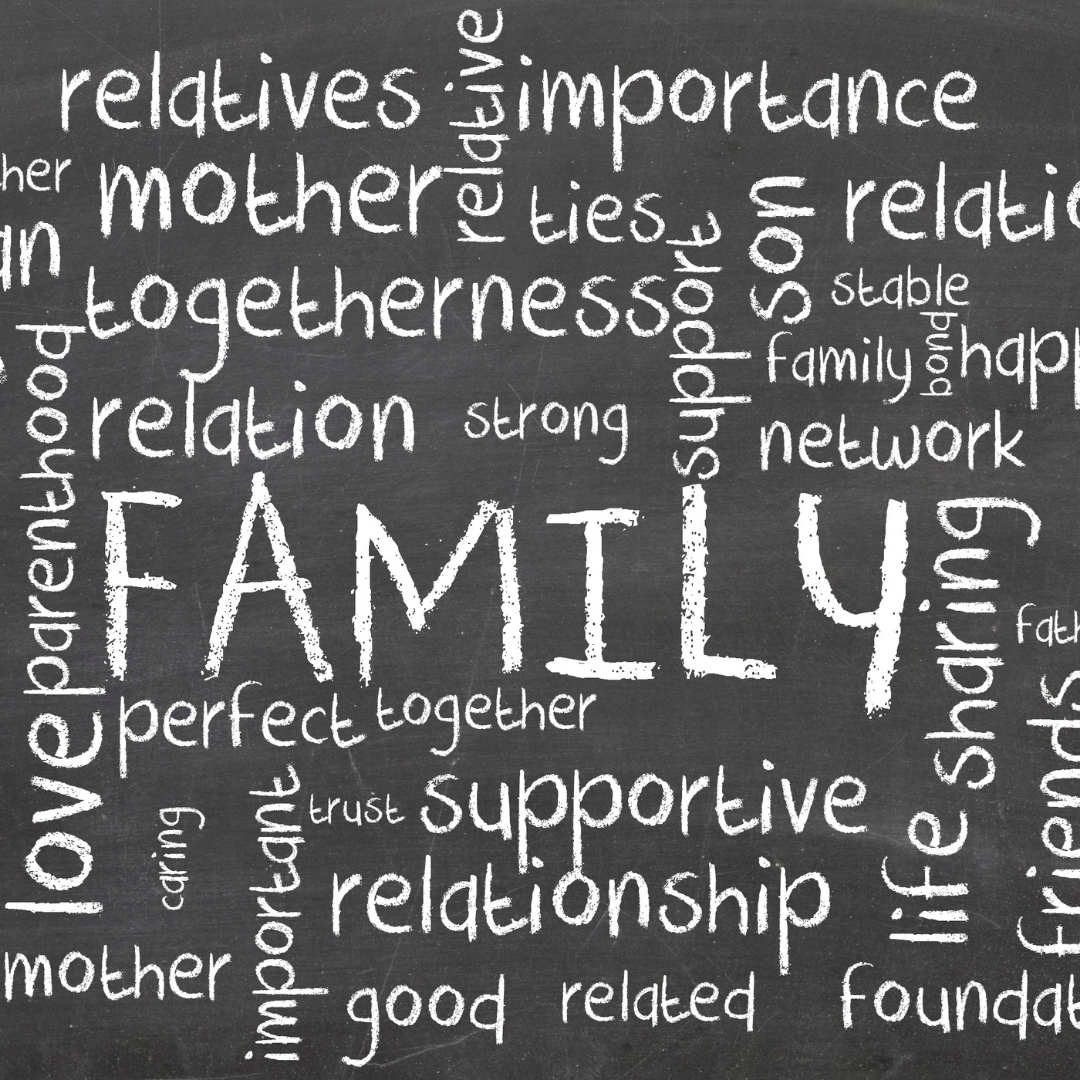Reunification is the goal of foster care, and the path to reunification is paved with visits with a child’s biological family. Visits allow children to maintain a bond with their birth family while living away from home temporarily.
Depending on the child, a family visit can be joyful or stressful. Visiting their birth parents can bring up emotions that a child can’t understand or process for some children. Circumstances can also make the visits painful or scary for a child.

Family time is essential for healthy child development, especially for children in foster care. It helps maintain parent-child attachment, reduces a child’s sense of abandonment, and preserves a sense of belonging. In addition, family connections may impact a child’s mental health, decreasing depression and anxiety.
In addition to the opportunity to strengthen connections, family visits can motivate parents to pursue permanency plan requirements. Some studies have shown that regular family visits increase the likelihood of timely reunification.
Foster Parents play a crucial role in contributing to the success of family visits. By preparing yourself, and your foster child, you can support the birth family and help make the visits easier.

5 Tips to Help Children in Foster Care Before and After a Visit
- Emotionally Prepare A Child in Foster Care
Regardless of the situation, a visit with the child’s biological family disrupts the schedule you’ve established. In addition, anticipating a family visit can bring various emotions to the surface—trauma, fear, anger, or confusion—for a child. So first, mark the date on a calendar to help your child mentally prepare. Then, talk with them about their feelings about the visit, and let them know that you will be there for them when the visit is over.
Talk about the visit and their birth family in a positive light. If your child is excited, keep their expectations realistic, but maintain a positive outlook. If there have been issues with any members of the birth family previously missing visits, make sure to check in with the caseworker often and discuss the possibility with the child.
- Schedule Visits Around Your Child’s Schedule
If possible, try to schedule the visits, so they don’t interfere with your child’s other scheduled activities. That way, you can avoid additional stress due to your child missing a planned activity. In addition, try to pick a time, such as a weekend afternoon, that will give them time to process their emotions without having to jump into another activity immediately.
- Get Ready in Advance
Preparing in advance will help ensure their visit goes smoothly. For a young child, this might include letting them select a favorite stuffed animal or toy to take with them for comfort. Another consideration is to help your child draw a picture or make a small gift to give their birth parent or parents. Finally, have their outfit ready the night before, and have them help choose it, if appropriate.
- Prepare for After the Visit
Realize that your child may have challenges transitioning back to your home after a visit and try to prepare yourself for that possibility. The experience of seeing their birth family may be emotionally draining. Depending on how the visit went, they might feel hurt, rejected, or traumatized. They might be confused and upset that they can’t stay with their biological family.
Determining how to help your child in foster care adjust can be tricky. They may need time to decompress, so you may need to give them space. But on the other hand, they might need comfort and reassurance from you.
- Have a Backup Plan Ready
It can be very disappointing for children when plans fall through, so have a backup plan with a fun activity ready just in case. It can create a great diversion to help with any sadness.
There are no foolproof ways to guarantee successful visits between children and their birth parents, but being aware of the possibilities and taking steps to prepare can be a big help.
Change a Child’s Life Today!
When you donate to One Family Illinois, you’re transforming lives! The generosity of donors has enabled us to provide safe, stable, loving homes for thirty years. Our intentional community of care builds a strong foundation for a bright future.